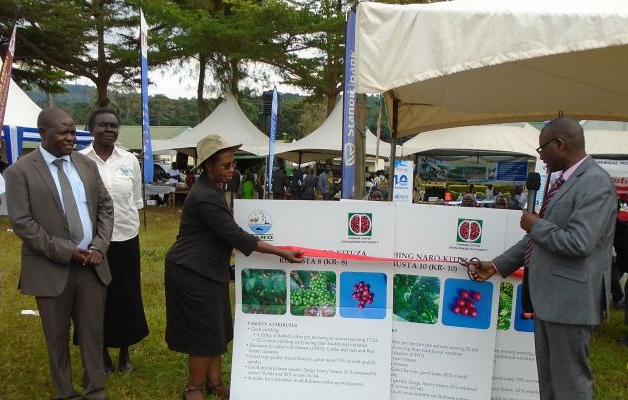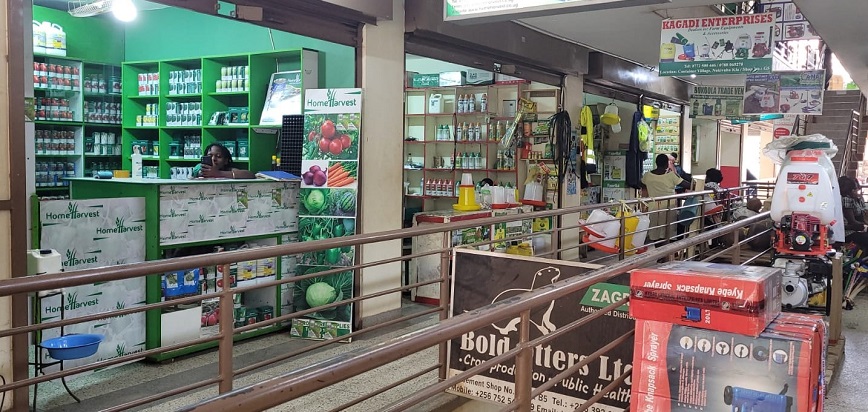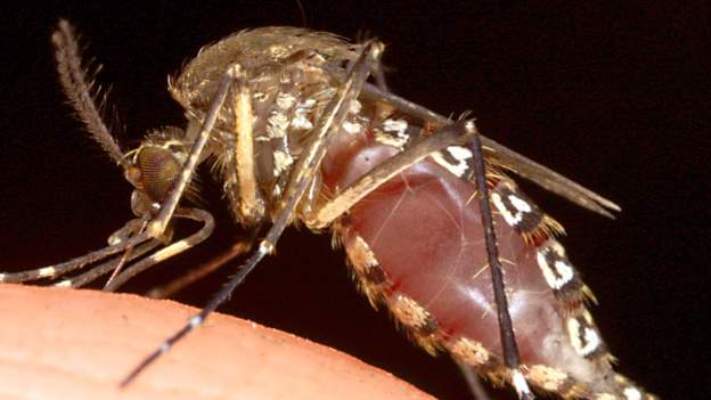The National Agriculture Research Organization (NARO) has introduced three coffee varieties that are disease and drought resistant.
The three varieties are NARO- Kituuza Robusta-NKR8, NKR9 and NKR10 generated in 2017. They were subjected to three years of testing before their launch to be given out to farmers.
They were launched on Saturday during the Mukono farm clinic held at the National Coffee Research Institute- NaCORI headquarters at Kituuza, Mukono District.
According to Dr.Pascal Musoori, chief breeder at NaCoRI, the three new varieties have unique attributes that will benefit farmers and exporters.
“Kituuza 8 gets you high yields with good management that can go to about six tons per hectare and 5.6 kilograms per tree,” the chief breeder at NaCoRI said.
He noted that Kituuza 9 yields eight tons per hectare which translates into nine kilograms per tree whereas Kituuza 10, which is the best of all the three varieties gives a farmer 10 tons per hectare which translates into 10 kilograms per tree.
“These varieties are all resistant to the coffee wilt, leaf thrust and all other diseases but farmers can only benefit if they manage them well.”
Dr Godfrey Kagezi, a senior research officer at NaCORI notes that all the new varieties are environmental friendly and tested to survive under various weather conditions.
Dr Emmanuel Lyamulemye, the Executive Director at Uganda Coffee Development Authority (UCDA) says that UCDA has resorted to supplying resistant breeds to farmers.
He says that more than 50,000 resistant cuttings are supplied to the
authority on an annual basis to propagate to farmers and Operation Wealth
Creation-OWC programme.
Richard Ssemakula, one of the farmers at Mukono says the new varieties will
enable them remain in the business of coffee growing.
According to Imelda Kaija, the Deputy Director-General in charge of Agriculture
Technology Promotion at NaCORI the varieties on average yield produces 3,719kgs
of hulled coffee beans per hectare per annum.
Records by UCDA indicate that coffee
wilt diseases have reduced coffee export from 4.2 million bags of green beans
in 1996 to 2 million bags in 2006.





